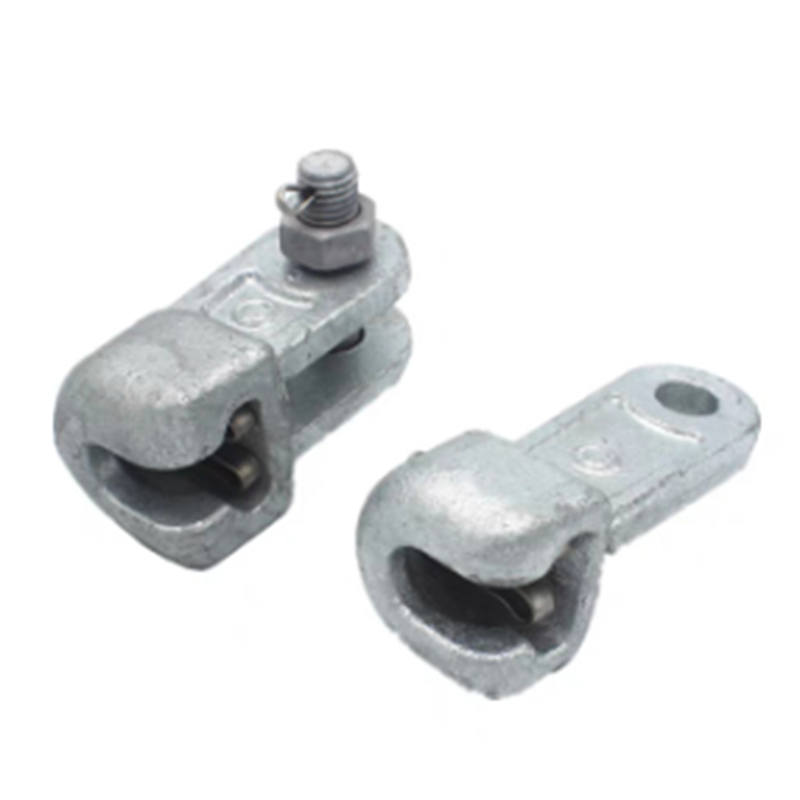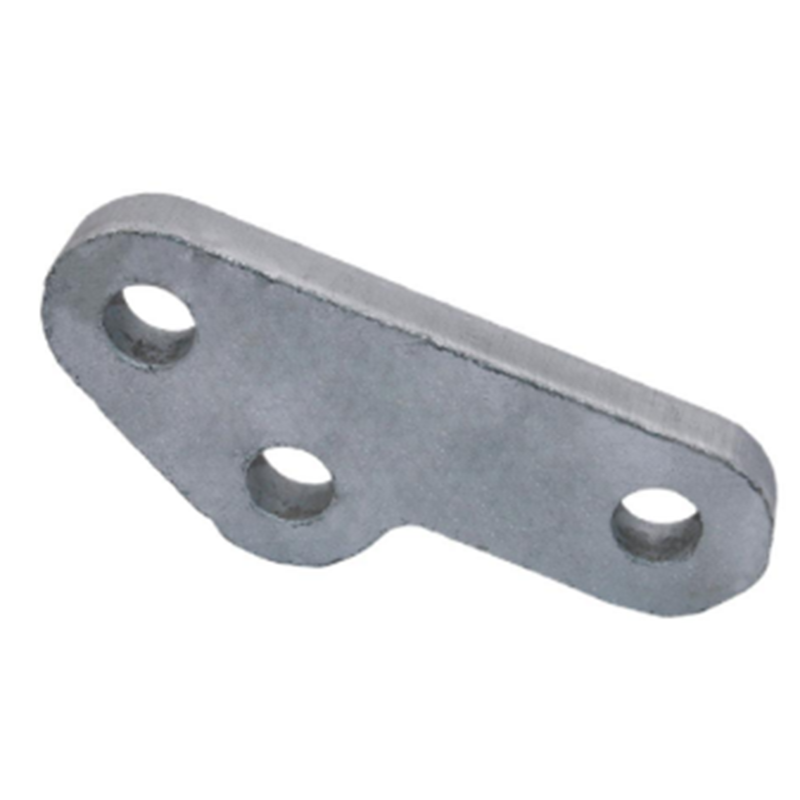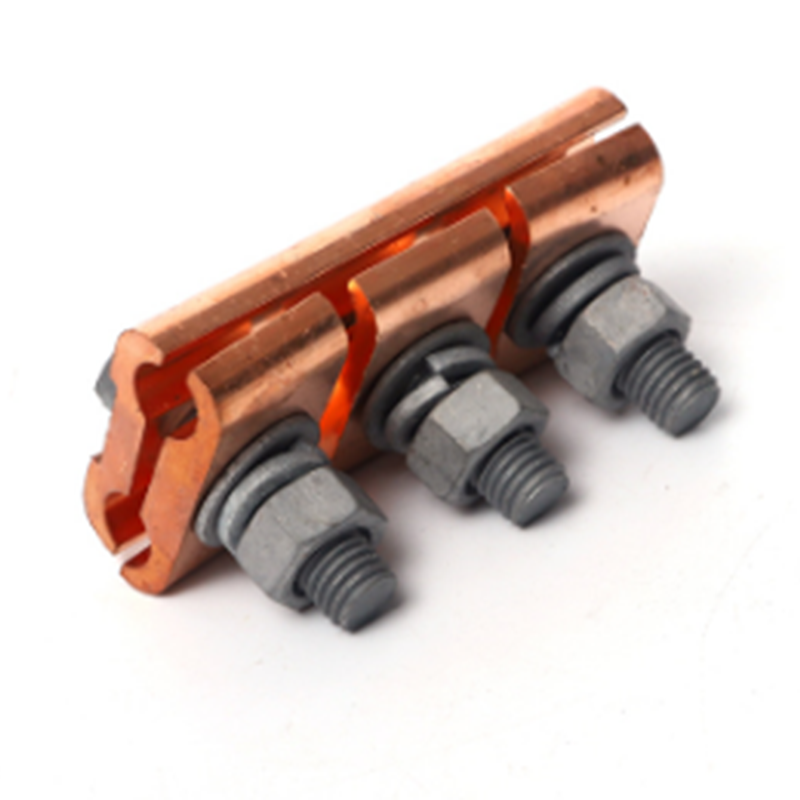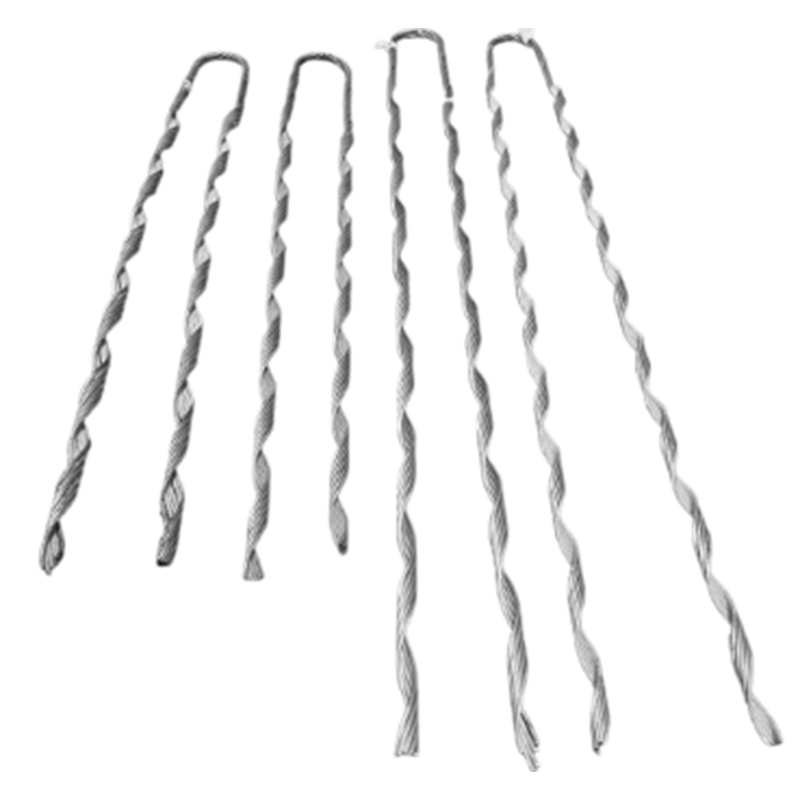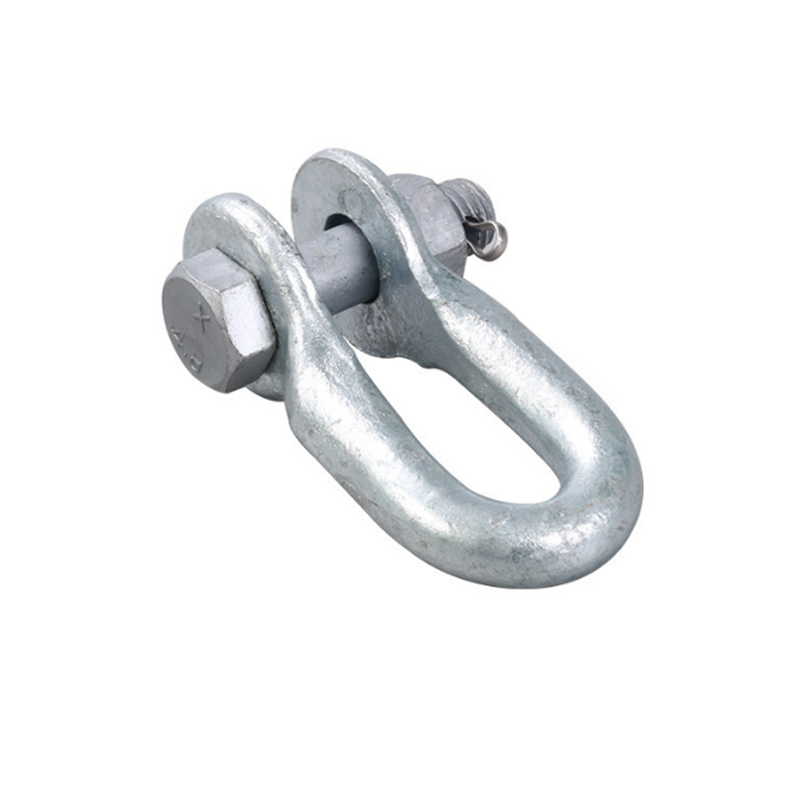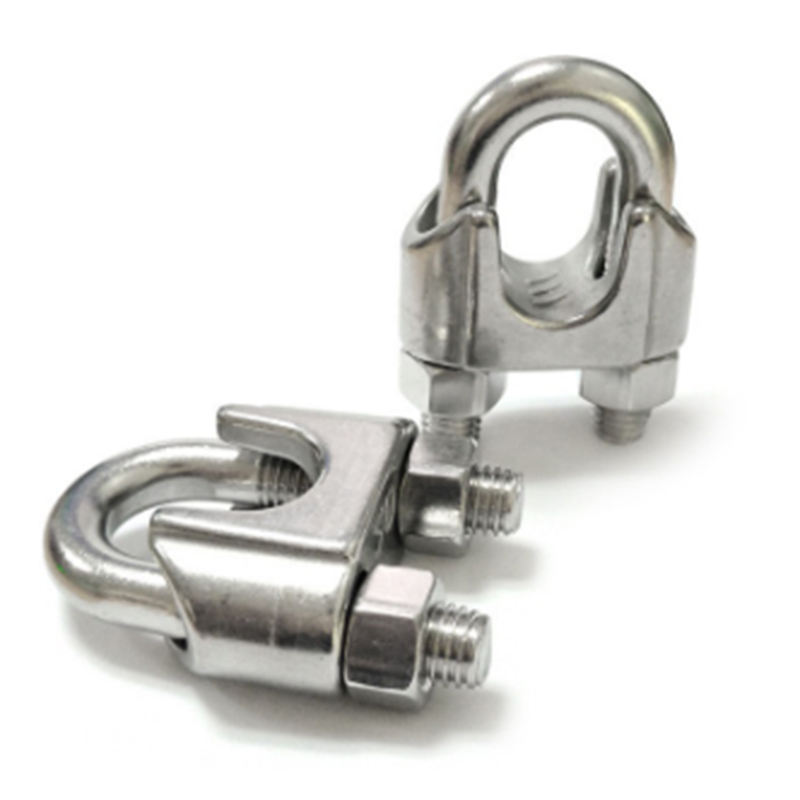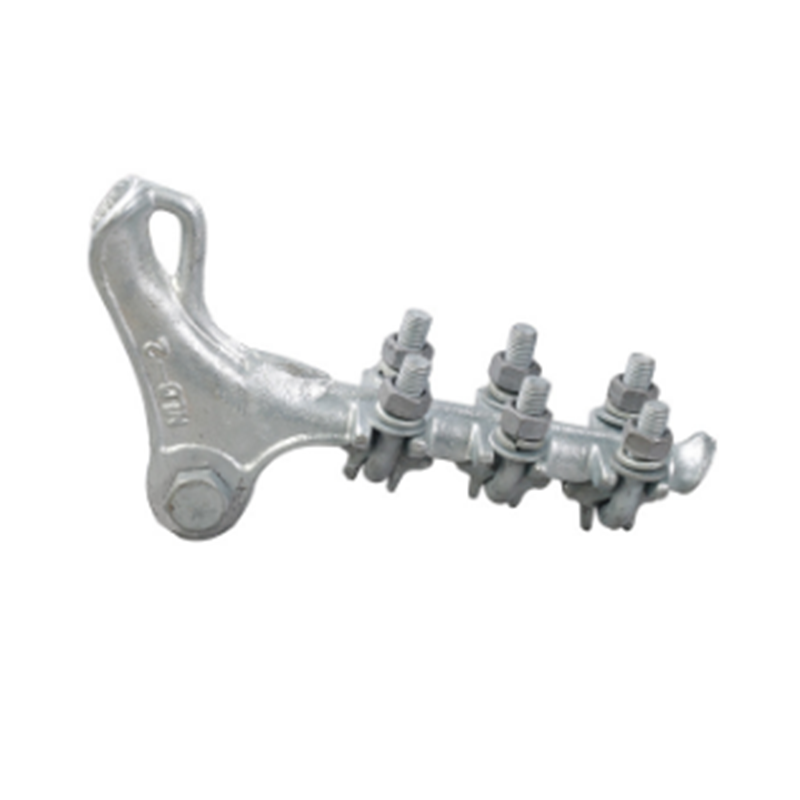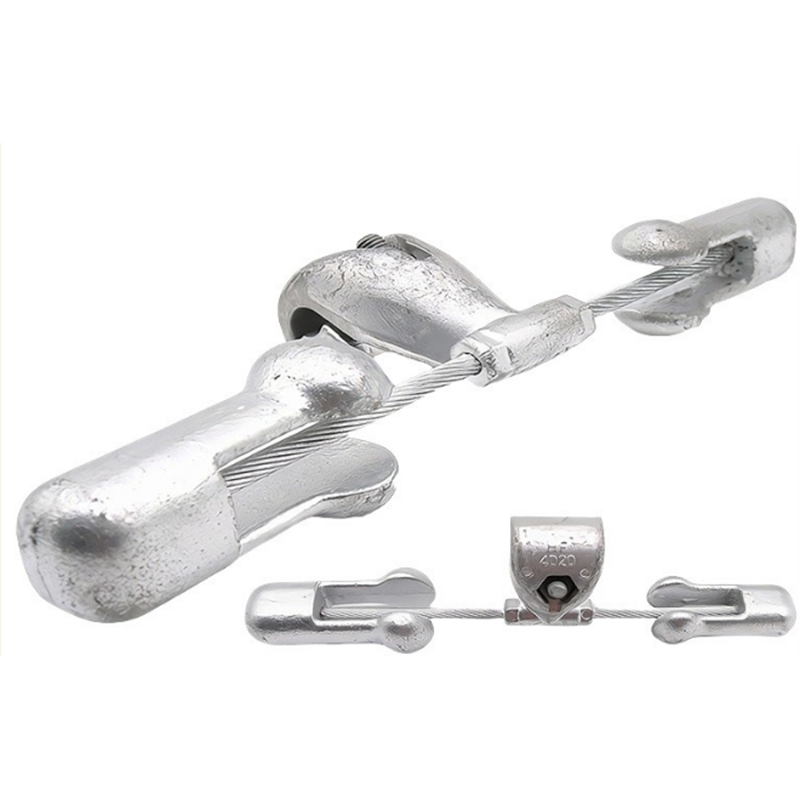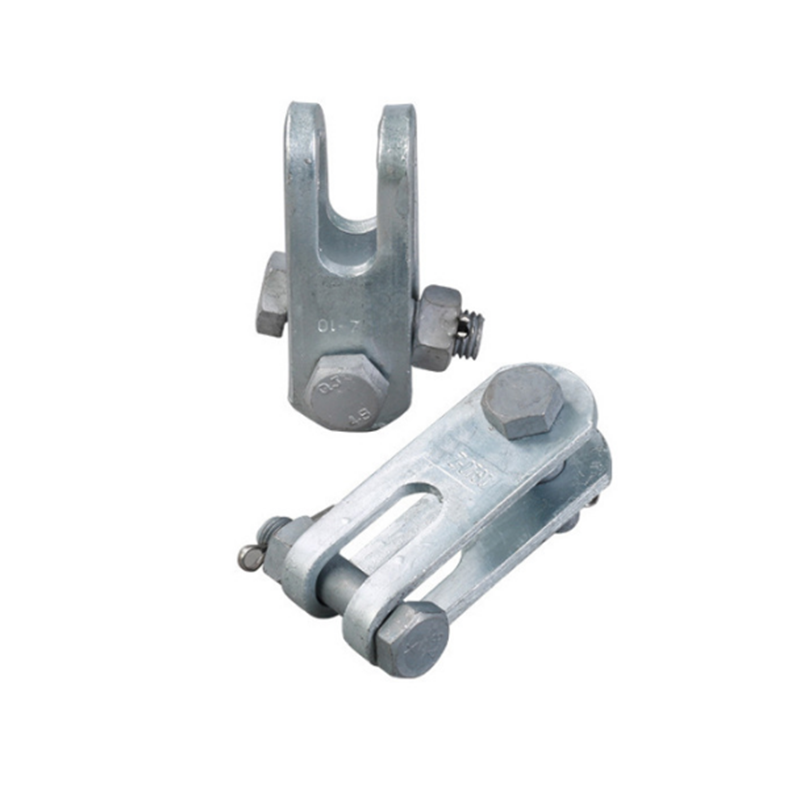- Chinese
- French
- German
- Portuguese
- Spanish
- Russian
- Japanese
- Korean
- Arabic
- Irish
- Greek
- Turkish
- Italian
- Danish
- Romanian
- Indonesian
- Czech
- Afrikaans
- Swedish
- Polish
- Basque
- Catalan
- Esperanto
- Hindi
- Lao
- Albanian
- Amharic
- Armenian
- Azerbaijani
- Belarusian
- Bengali
- Bosnian
- Bulgarian
- Cebuano
- Chichewa
- Corsican
- Croatian
- Dutch
- Estonian
- Filipino
- Finnish
- Frisian
- Galician
- Georgian
- Gujarati
- Haitian
- Hausa
- Hawaiian
- Hebrew
- Hmong
- Hungarian
- Icelandic
- Igbo
- Javanese
- Kannada
- Kazakh
- Khmer
- Kurdish
- Kyrgyz
- Latin
- Latvian
- Lithuanian
- Luxembou..
- Macedonian
- Malagasy
- Malay
- Malayalam
- Maltese
- Maori
- Marathi
- Mongolian
- Burmese
- Nepali
- Norwegian
- Pashto
- Persian
- Punjabi
- Serbian
- Sesotho
- Sinhala
- Slovak
- Slovenian
- Somali
- Samoan
- Scots Gaelic
- Shona
- Sindhi
- Sundanese
- Swahili
- Tajik
- Tamil
- Telugu
- Thai
- Ukrainian
- Urdu
- Uzbek
- Vietnamese
- Welsh
- Xhosa
- Yiddish
- Yoruba
- Zulu
- Kinyarwanda
- Tatar
- Oriya
- Turkmen
- Uyghur

Rivet bolts
Understanding Rivet Bolts: Real Insights from the Field
When people talk about fasteners, rivet bolts often surface as a misunderstood component. Despite their widespread use across various industries, they can be frequently mistaken for ordinary bolts or confounded with rivets. Let’s clear the air with insights from the field, sharing experiences and perhaps even busting some myths about these unique fasteners.
Rivet Bolts: A Misunderstood Marvel
Initially, I assumed that rivet bolts were just elongated bolts, but real hands-on practice offers a very different perspective. These fasteners have a specific collar that expands beneath the materials they join, offering a secure hold that won't easily loosen over time. This feature makes them invaluable in situations where vibration resistance is crucial, like in certain automotive or construction applications.
Many newcomers mistake them for standard bolts or assume they’re interchangeable. This misconception can lead to structural failures. Once, while working on a bridge reinforcement project, a team member used regular bolts instead. The result? A costly setback and an eye-opener about the critical nature of choosing the right fastener.
The geographical reach also plays a role. In regions with fluctuating temperatures, like the industrial zone near Handan City where Shengfeng Hardware Fastener Factory is located, the durability of materials is tested seasonally. Here, rivet bolts have proven their reliability time and again, maintaining structural integrity where others might fail.
Material Matters in Rivet Bolt Performance
One cannot discuss rivet bolts without diving into material considerations. The choice of material impacts the performance of the bolt significantly. Stainless steel rivet bolts, for instance, offer excellent resistance to corrosion, but they might not always be the best choice for areas prone to high pressures or extreme weight loads.
I recall working on a construction project where material failure led to a complete reassessment of our fastener choices. We had initially opted for aluminum rivet bolts, thinking their lightweight nature would benefit our design. However, they couldn’t withstand the constant pressure, forcing us to switch to a sturdier carbon steel alternative.
This is precisely where the expertise of manufacturers, like Shengfeng Hardware Fastener Factory, which you can explore at their website, becomes invaluable. Their knowledge of fastener specifications across a wide array of materials can prevent such costly mistakes.
Installation Insights: Getting It Right
Understanding the installation of rivet bolts is crucial. Proper installation can mean the difference between a stable, enduring joint and a weak, temporary fix. It’s not just about the tightening torque; it’s about the whole preparation process, from the cleaning of the borehole to the choice of the right tooling.
For instance, while overseeing a set of machinery installations, an error in cleaning resulted in dirt between the materials. This small oversight caused issues down the line that required revisiting the assembly and significantly increased costs.
The lesson here is clear: meticulous preparation and understanding the nuances of installation are just as crucial as knowing the fastener itself. Framework projects can't afford such lapses, which is why comprehensive training and experience-sharing among professionals is vital.
Challenges of Maintenance and Longevity
Rivet bolts often outlast the structures they hold together, but that doesn’t mean maintenance can be overlooked. Regular checks, especially in high-stress environments, are crucial to ensure ongoing safety and performance.
In one memorable example, a factory setup experienced unexpected failures in older machinery. Upon inspection, it turned out that while the rivet bolts were still intact, the surrounding components had degraded, indirectly jeopardizing the whole structure’s stability.
Thus, it becomes essential not just to focus on the rivet bolts themselves, but to adopt a holistic view of the entire system they’re a part of. Good maintenance practice dictates regular inspections and replace components when necessary, even if the core fasteners remain in good condition.
The Future of Rivet Bolts in Modern Applications
As industries evolve, the demand for versatile and durable fasteners like rivet bolts is set only to grow. New materials and composites continue to be developed, but the fundamental need for reliable fastening solutions remains unchanged.
The transition to more sustainable materials presents both a challenge and opportunity. Manufacturers like Shengfeng Hardware Fastener Factory are at the forefront, integrating these advancements into their products and ensuring their offerings meet modern demands.
Ultimately, the future will likely see increasingly specialized applications for rivet bolts. As they continue to adapt and evolve, their role in maintaining structural integrity across diverse sectors will remain critically important. Staying informed and adaptable will be key for professionals in the field.
Соответствующая продукция
Соответствующая продукция




